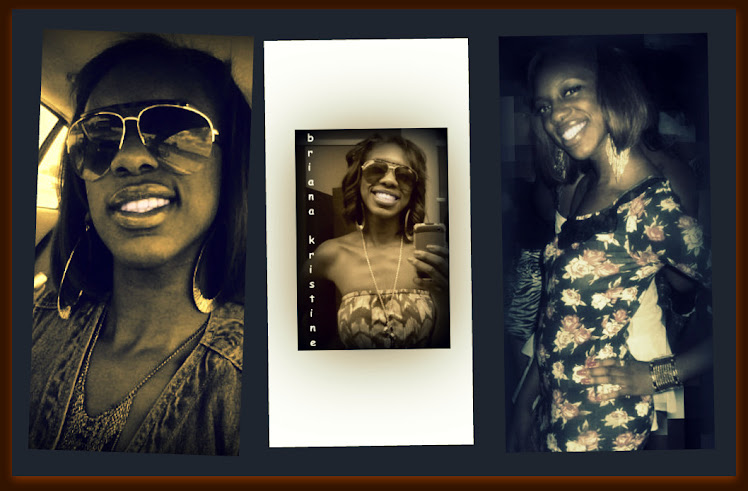November 28, 2011
By Briana Baker
While browsing the Internet I came across the perfect definition. The Organisation for Economic Co-operation and Development (OECD) defined reading literacy as understanding, using and reflecting on written texts in order to achieve one’s goals, to develop one’s knowledge and potential, and to participate in society. Keeping this in mind I oppose reading urban fiction.
As a young, black, educated, urban female I find reading urban fiction not only self-degrading to our African-American culture but detrimental to our American society in general. With the constant use of slang, profanity and improper grammar, I don’t understand how this can help anyone develop their knowledge or potential or help to achieve any goals.
One of the most popular urban fiction books is Sistah Souljah’s The Coldest Winter Ever. The first page of the book reads: “Brooklyn-born I don’t have no sob stories for you about rats and roaches and pissy-pew hallways. I came busting out of my momma’s big coochie on January 28 1977, during one of New York’s worst snowstorms. So my mother named me Winter. My father was so proud of his new baby girl that he had a limo waiting to pick my moms up from the hospital.”
Now I know many will argue that urban fiction is designed to help portray what life is like in the urban community or the ghetto, but I am a big fan of” it’s not what you say but how you say it.” Could the author have just stated that although she was born in Brooklyn she didn’t have any stories of living in poverty and still get her point across? Could she just have mentioned when she was born instead of the day she came “busting out her mom’s big coochie?” Would someone ignorant of urban lingo understand that moms is slang or would they be confused thinking she had more than one mother?
Reading comprehension determines your level of understanding from a written text. Wikipedia states this understanding comes from the interaction between the words that are written and how they trigger knowledge outside the text. The motive behind the publication of urban literature is great but the content is self-deterring and non-educating. There is no way possible that I can take anything I’ve read in a novel written like this to become anything greater psychologically than what I inspired to be before.
Studies have proven that reading stimulates the brain and can help a person listen faster as well as process speech faster and in more detail. On the other hand there has also been research found that reading remedial literature can hinder a person from sounding out words correctly and it takes many more hours of reading for the brain activity to reach the levels of stimulation as it would for someone reading any other type of literature.
Although I am not aware of any evidence that supports this, I believe that reading urban fiction can have these same affects as reading remedial literature. If reading stimulates your brain and the literature you read helps you become literate and comprehensive, then I believe improper grammar usage, repetitive slang and incorrect word choices can alter your current knowledge. Therefore, forcing you to begin pronouncing words incorrectly and slowing down your process of speech. As an educated student and literate person I find it mentally challenging to engage in such books. What will I comprehend from this?

Hi Briana,
ReplyDeleteI absolutely agree with you! I have had the same perspective for many years and I recently decided to do something about it - I've launched Dorchester's Daughter Publishing. My company will house Urban Fiction with a conscience. While stories will be set in urban areas and share similar experiences - the writing will not include similar language. In fact, in my own novel, the use of slang words is relegated to dialogue only - as it should be. We do not "think" in slang, we speak it.
I am also in the process of producing a literary journal/newsletter for the company and I would love to interview you for our first issue.
Please contact me at dorchestersdaughter@gmailcom if you would be interested in speaking.
Thanks!